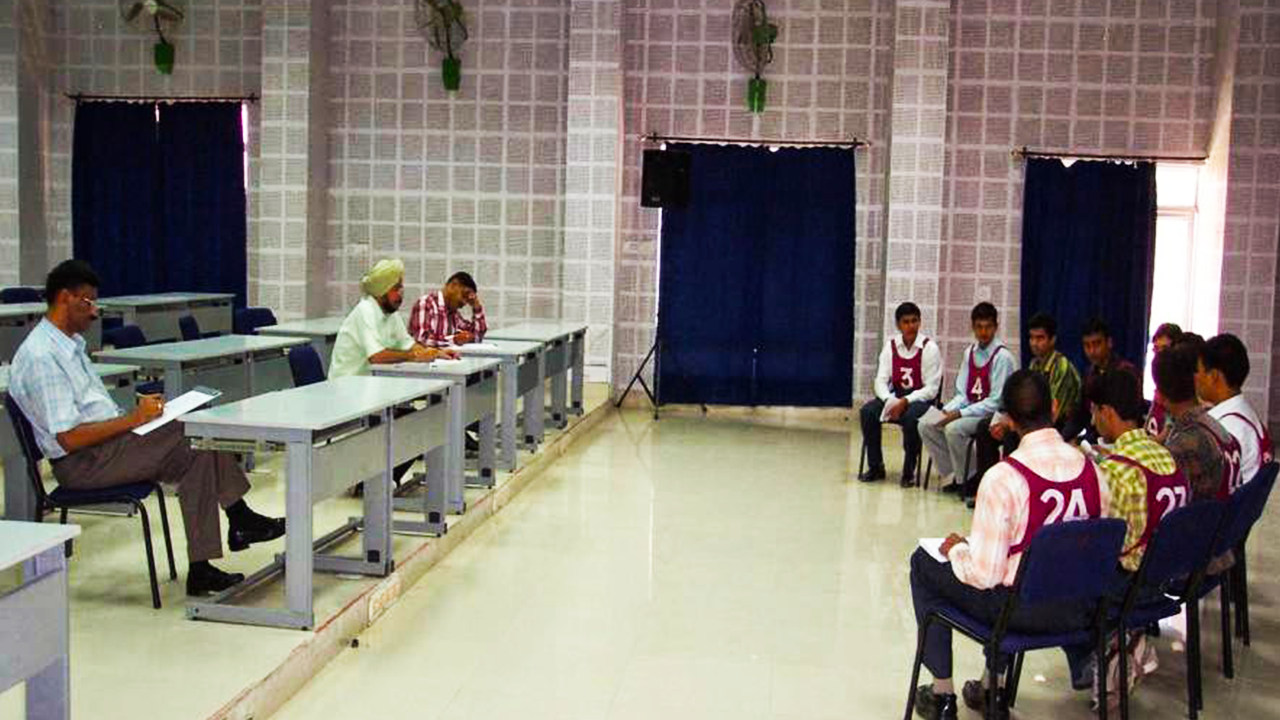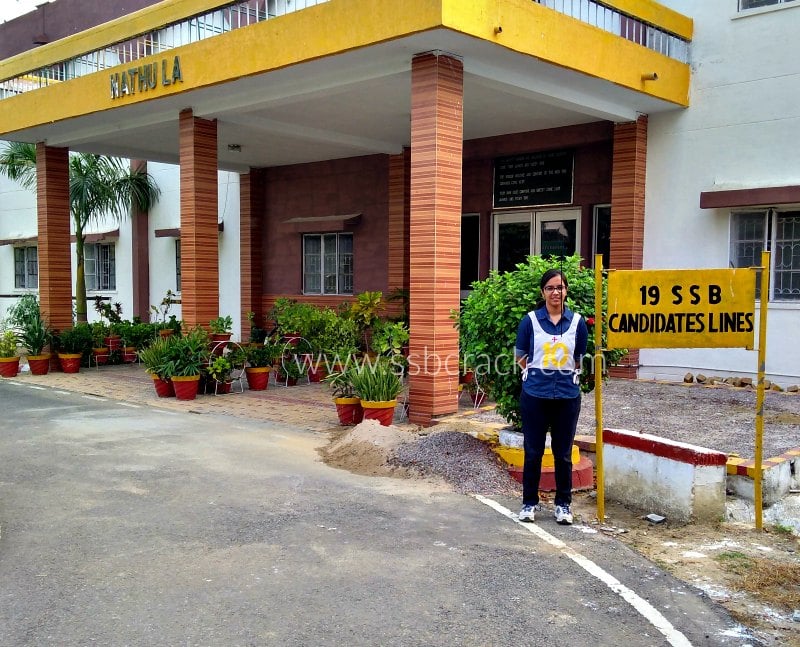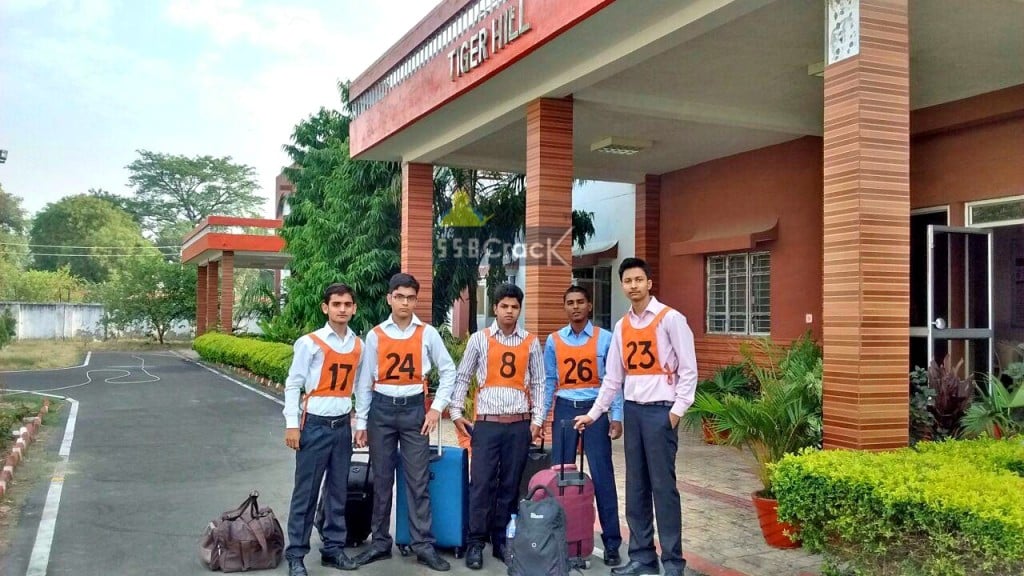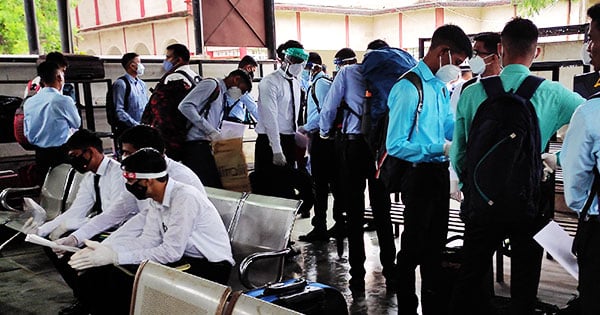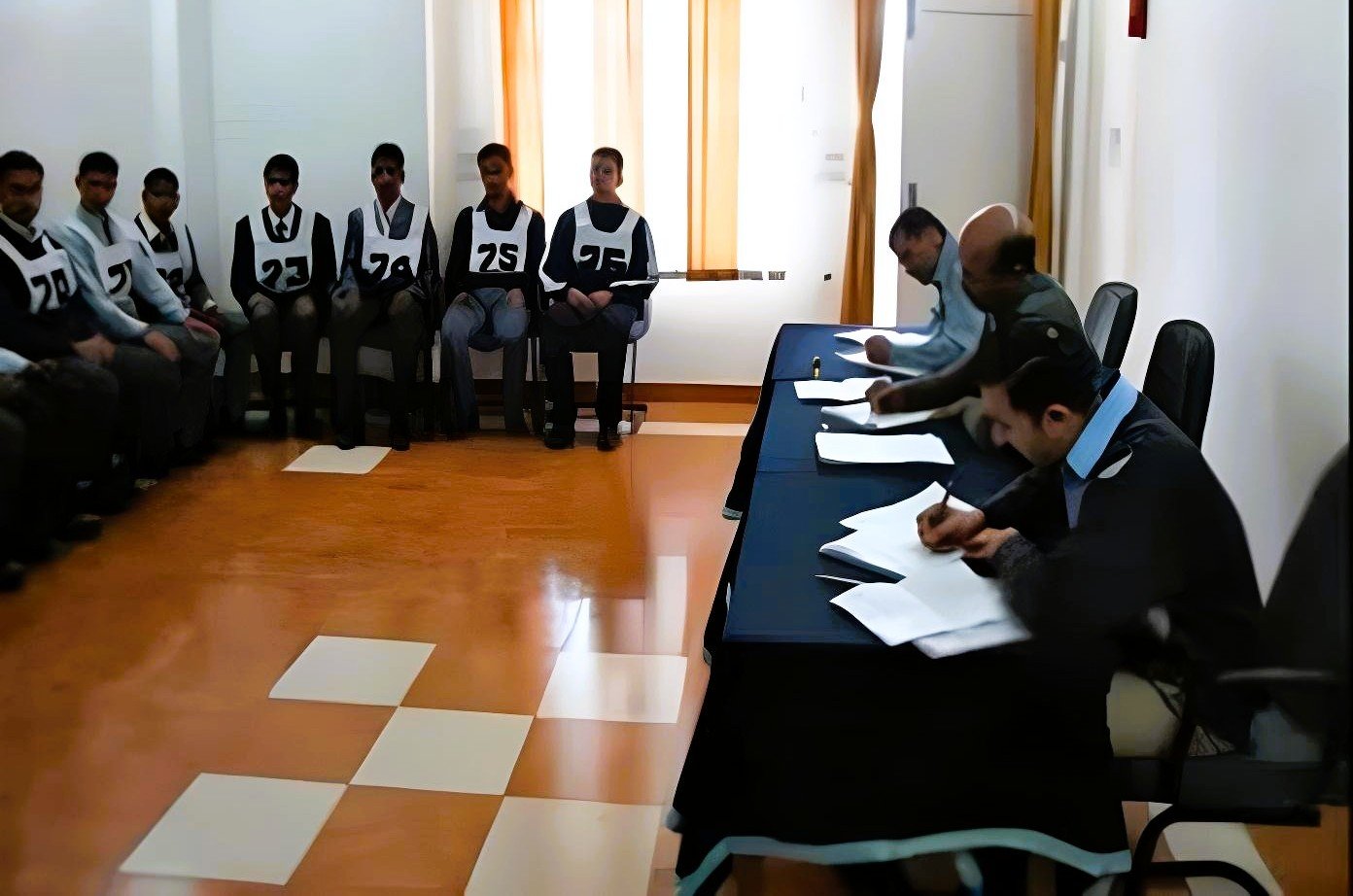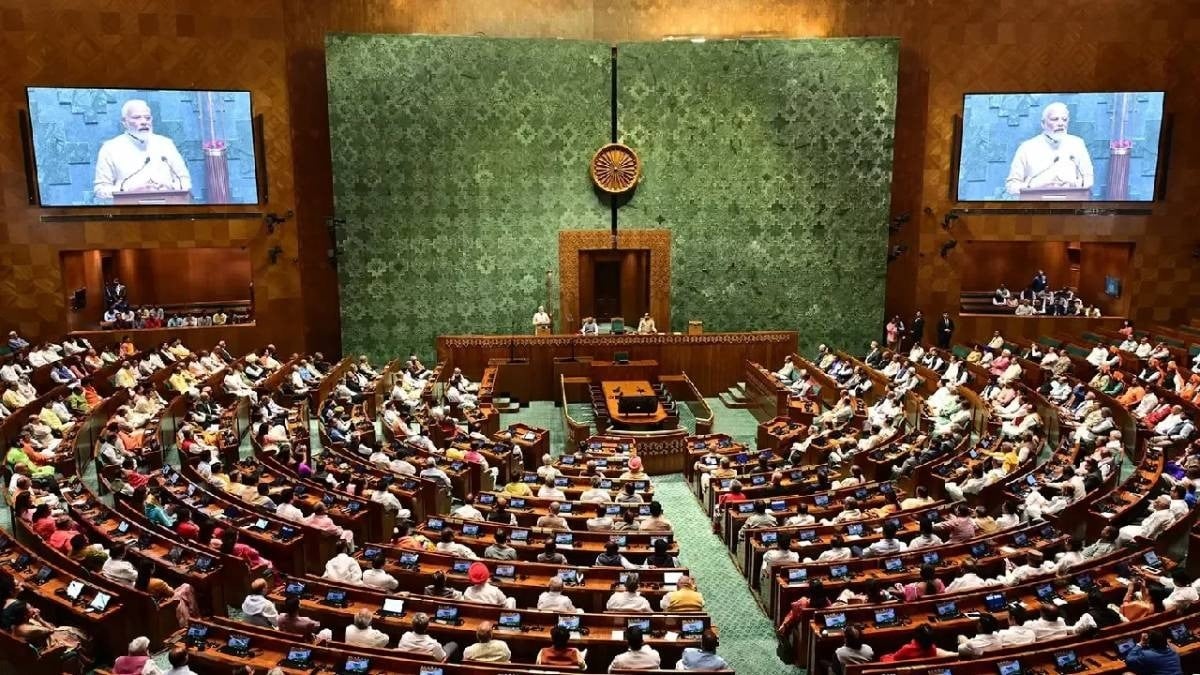In the competitive landscape of college admissions, job interviews, and various selection processes, group tasks have become a staple. Designed to evaluate teamwork, communication, and leadership skills, these exercises often serve as the final hurdle for aspirants hoping to secure their future. However, this seemingly straightforward method can take a wrong turn, leading to costly mistakes that can sabotage opportunities. Let’s dive into some common pitfalls that candidates encounter during group tasks and how to avoid them.
1. Poor Communication
The Mistake: Over-communication or under-communication can both be detrimental. Candidates often either dominate discussions without giving others a chance to contribute, or they become overly reserved, failing to express their ideas.
The Impact: Both scenarios can create a negative impression on evaluators. Overly dominant candidates may come off as arrogant, while reticent candidates can be perceived as lacking confidence.
Solution: Strive for a balance. Actively listen to your peers and show respect for their input. Encourage quieter members to share their thoughts and make sure to articulate your ideas clearly and concisely.
2. Lack of Coordination
The Mistake: A chaotic and uncoordinated approach to the task can lead to confusion and inefficiency. Candidates may split into smaller factions with divergent ideas, causing the group to lose focus.
The Impact: Task completion becomes sluggish, and evaluators may see the group as disorganized. This can jeopardize the overall outcome, with gullible candidates failing to pull together their efforts effectively.
Solution: Establish a clear plan before diving into the task. Assign roles based on individual strengths and keep revisiting the objective to ensure everyone is aligned. Regular check-ins can help maintain focus.
3. Ignoring Group Dynamics
The Mistake: Failing to recognize group dynamics can lead to friction. Candidates may not acknowledge or respect differences in perspectives or working styles, leading to conflicts.
The Impact: Tensions within the group can hinder productivity and performance. A fractious atmosphere not only affects group morale but also reflects poorly on individual candidates.
Solution: Be mindful of the dynamics at play. Foster an inclusive environment by valuing diverse viewpoints and addressing conflicts promptly and diplomatically. Collaboration should be the goal, not competition.
4. Time Mismanagement
The Mistake: Misestimating the time needed to complete various aspects of the task can lead to a rushed, incomplete final product. Candidates may spend too long on one section while neglecting others.
The Impact: A lack of time management can leave evaluators with a negative impression, as they may view the group as incapable or unprepared.
Solution: Allocate specific time frames for each section of the task. Start with a brief outline of how to approach the task and stick to a timeline, ensuring all areas are adequately covered.
5. Neglecting to Follow Up
The Mistake: After completing the task, candidates sometimes neglect to summarize their findings or the group’s conclusions, missing the opportunity to highlight contributions.
The Impact: Failure to articulate key points can leave evaluators uncertain about the group’s performance, diminishing the effectiveness of all participants involved.
Solution: As a final step, ensure that someone leads a wrap-up discussion. Summarize the main points, reiterate effective contributions, and express collective agreement on conclusions.
6. Overlooking Individual Contributions
The Mistake: In the hustle and bustle of group tasks, individuals often lose sight of their unique contributions, blending into the collective effort.
The Impact: Evaluators may find it challenging to distinguish individual strengths and skills, unfairly resulting in missed opportunities for deserving candidates.
Solution: Make an effort to showcase personal skills within the group. Find ways to contribute uniquely—perhaps through a different approach or innovation that adds value to the team’s final outcome.
Conclusion
Group tasks can be a double-edged sword; they have the potential to highlight teamwork and collaboration but can equally expose weaknesses if handled poorly. Understanding the common mistakes candidates make during these exercises can equip aspirants with the knowledge to navigate these challenges effectively. By emphasizing communication, coordination, respect for group dynamics, time management, and individual contributions, candidates can avoid pitfalls that may cost them their dreams. Remember, teamwork is not just about working alongside others—it’s about harnessing collective strengths to achieve success together.
